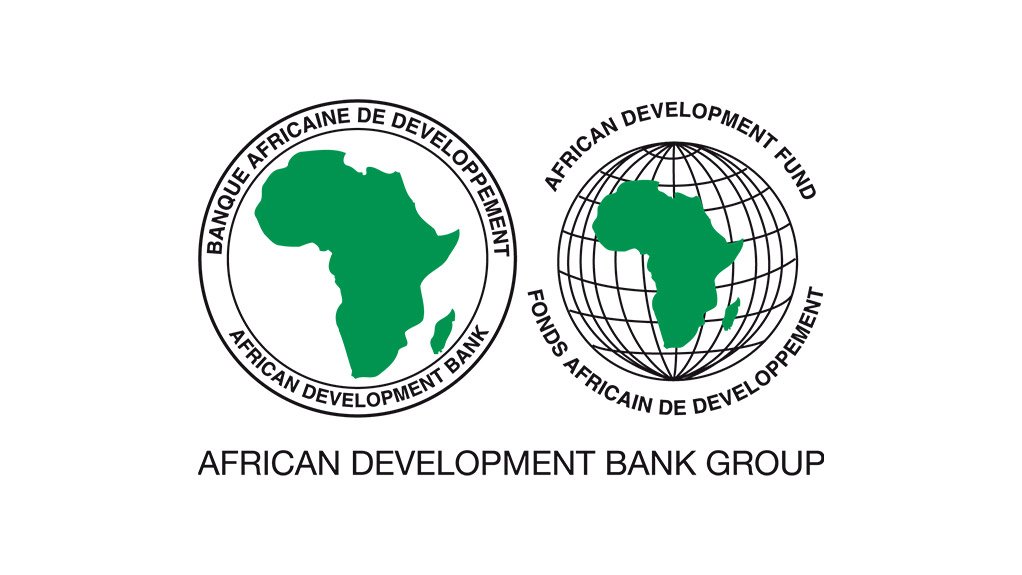- West Africa Economic Outlook 202324.35 MB
Recent macroeconomic trends and prospects: Following the publication of the African Economic Outlook 2023, which addressed development challenges on the continent, this West African Development Outlook report addresses the same issues, with a particular focus on the West African region. The theme of the 2023 edition of the report is “Mobilizing Private Sector Financing for Climate and Green Growth in West Africa”.
GDP Growth. West Africa’s average GDP growth decelerated to 3.8% in 2022 from 4.4% in 2021, implying that growth recovery from the 2020 downturn has slowed. Growth is driven, on the demand side, by household consumption and investment, and on the supply side by the services sector. Growth deceleration is attributable, among other causes, to successive shocks e.g., resurgence of Covid-19 in China, West Africa’s major trade partner; Russia’s invasion of Ukraine causing inflationary pressures in net food, fuel and fertilizer in importing countries; monetary policy tightening in advanced economies, which caused global risk averse sentiments, thereby contributing to exchange rate pressures; and lastly lingering security-related challenges.
GDP growth decelerated in all countries in the region, except Cabo Verde, The Gambia, Guinea, Mali, and Niger. Cabo Verde, a tourism dependent economy, registered the region’s fastest growth. It grew by 10.5% from 7% in 2021. The magnitudes of GDP growth deceleration are expected to be, on average, smaller in oil-exporting and resource-intensive economies than non-resource intensive economies. This is on expectation that countries in the former group would utilize shock-instigated commodity price surges (windfall incomes) to support growth. This argument is supported by data at the continental level. However, this was not true in most of the resource rich economies of the West African region.
Report by the African Development Bank
EMAIL THIS ARTICLE SAVE THIS ARTICLE ARTICLE ENQUIRY
To subscribe email subscriptions@creamermedia.co.za or click here
To advertise email advertising@creamermedia.co.za or click here











